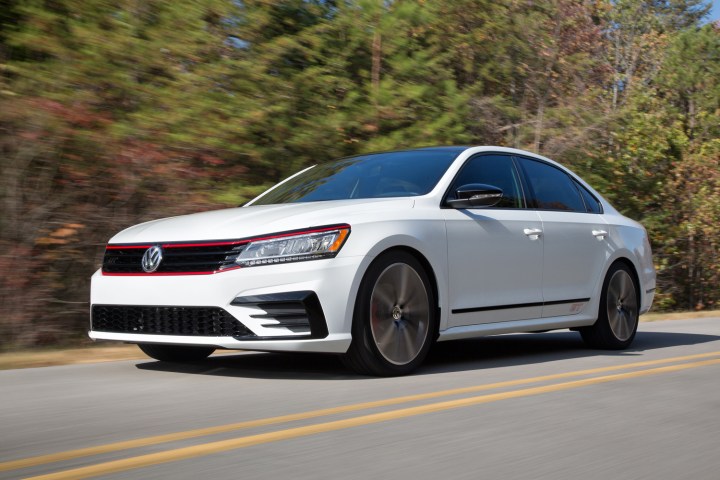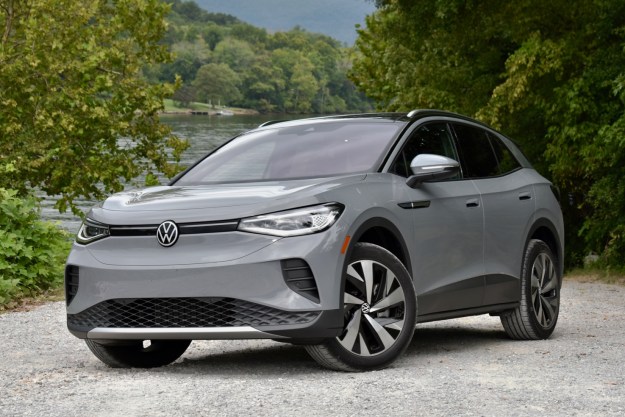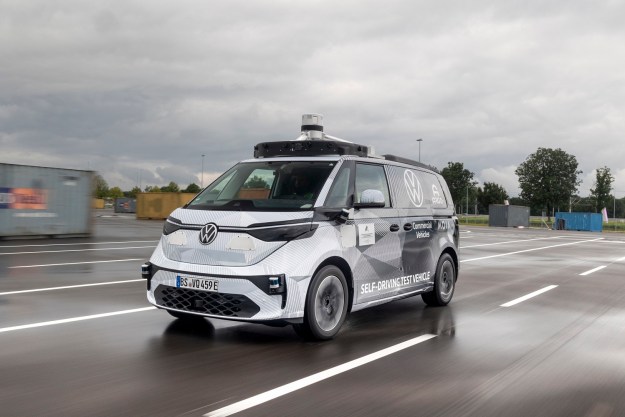
A spokesperson for Volkswagen told us the Passat GT will closely resemble the Passat GT Concept (pictured) unveiled at the 2016 edition of the Los Angeles Auto Show. The design study was based on the U.S.-spec model built in Chattanooga, Tennessee, and it was developed specifically for the North American market.
The same applies to the production version. We expect it will stand out from the garden-variety Passat with black mirror caps, a spoiler on the trunk lid, and red accents on the grille that echo the emblematic GTI. Model-specific alloy wheels will round out the exterior modifications. Inside, the changes will include a set of sport seats for the front passengers.
The GT is set to use Volkswagen’s 3.6-liter VR6 engine, a unit tuned to make at least 280 horsepower and 258 pound-feet of torque. A lower, sport-tuned suspension will improve handling. The sedan will remain front-wheel drive; don’t expect to find the Golf R‘s grippy 4Motion all-wheel drive system under the sheet metal.
What we don’t know is when Volkswagen will introduce the 2018 Passat GT. It could debut online in the coming weeks, or Volkswagen might choose to keep it under wraps until this year’s edition of the Los Angeles show opens its doors in November. Either way, it will arrive in showrooms nationwide before the end of the year with a price tag in the vicinity of $30,000.
Looking back
This won’t be Volkswagen’s first attempt at putting the Passat on steroids. Back in 1977, engineers stuffed a 110-horsepower, 1.6-liter four-cylinder pulled out of an Audi 80 GTE into the engine bay of a first-generation Passat. They also installed beefier brakes on both axle to keep the power in checks, wider tires, and a sporty-looking body kit.
Called Passat GTI, the two-door prototype was briefly tested on the roads around Volkswagen’s headquarters in Wolfsburg, Germany, but it was never given the green light for production. Toni Schmucker, the brand’s head honcho at the time, firmly believed the words “performance” and “Passat” were mutually exclusive, much to the dismay of the engineers working on the project.
Editors' Recommendations
- Volkswagen adds ChatGPT voice recognition to some models
- Volkswagen ID.GTI concept is another icon reimagined as an EV
- Volkswagen ID.7 shows not every EV needs to be an SUV
- The Volkswagen Bus is back, and this time it’s electric
- Volkswagen ID. Buzz prototype first drive: Here comes your van



